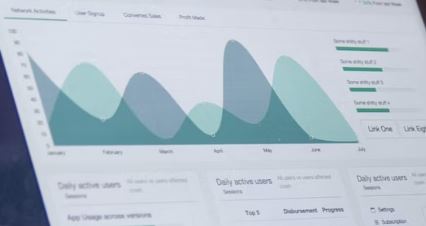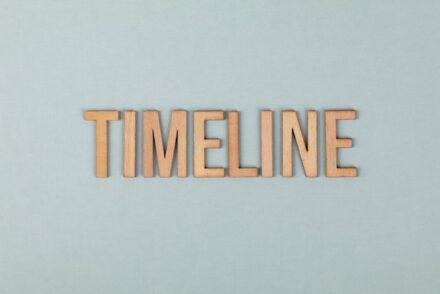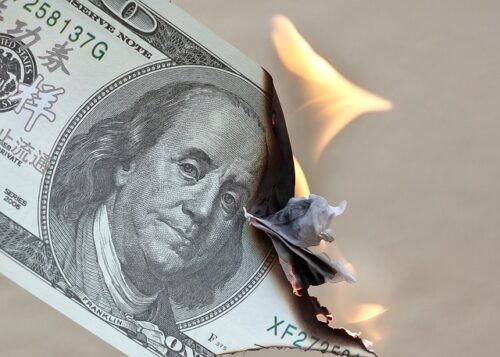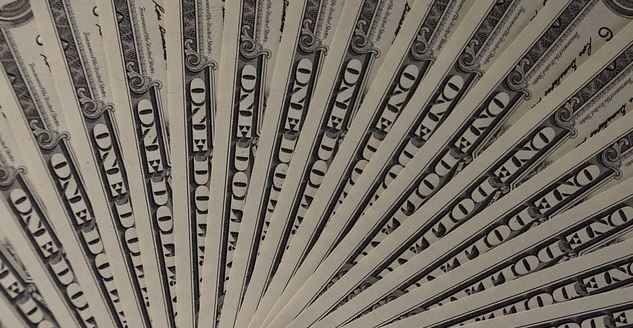Government Spending and Inflation. Part 9
Last week we thought we had wrapped up, for now, our work on timeline shift effects on the correlation between US federal government deficit spending and consumer inflation. However, more ideas have occurred, and this week we will look at further details regarding which comes first, inflation or increased government spending.

Credit: Photo by Grace O’Driscoll on Unsplash






